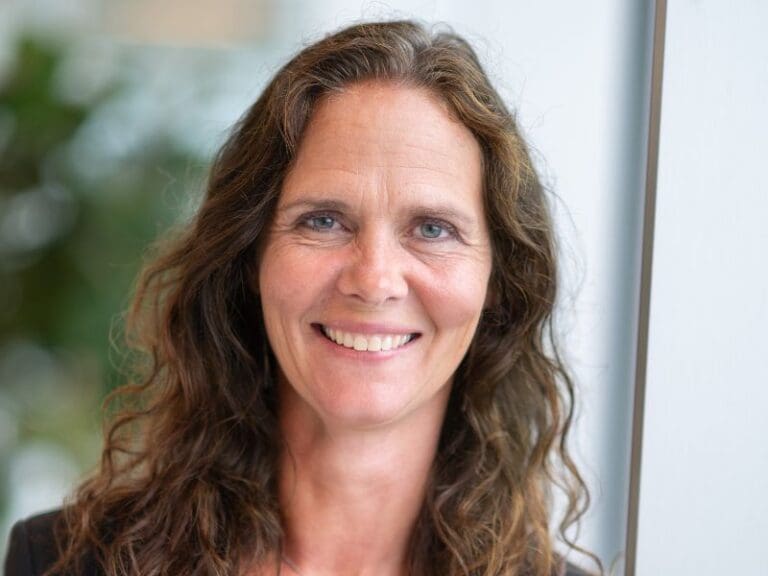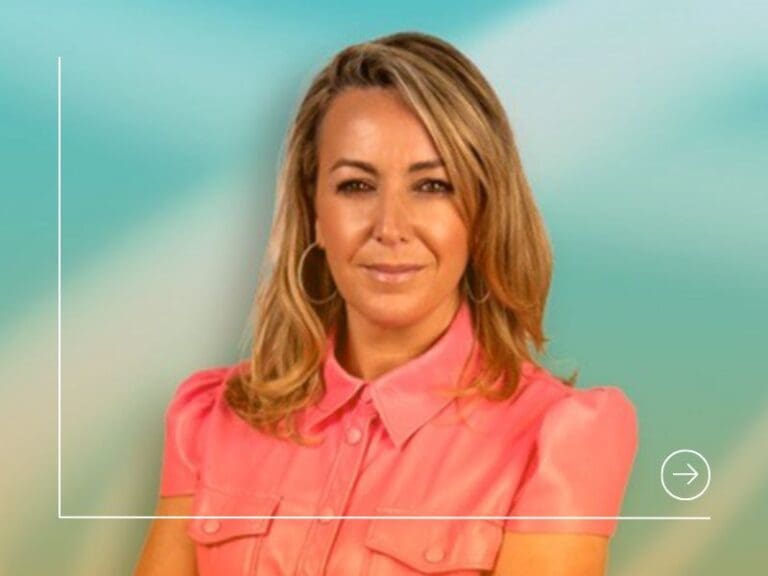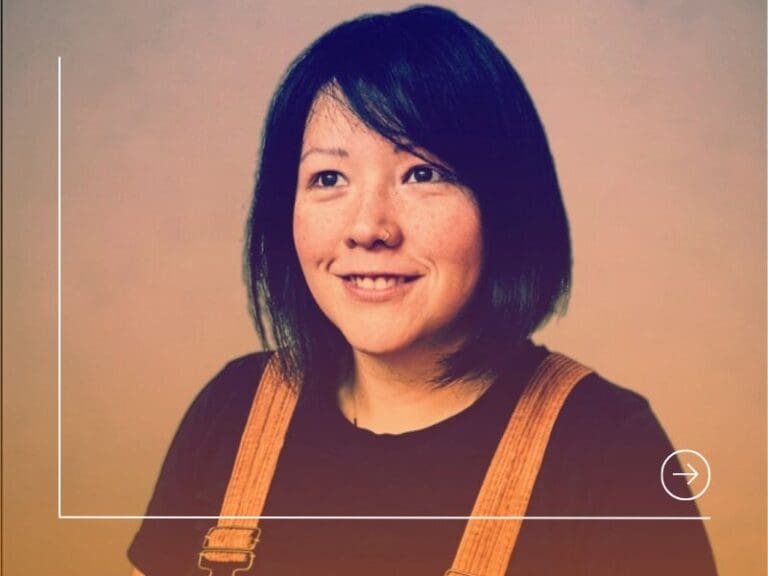Annick Verween is head of biotope by VIB, where she supports Europe’s most promising early-stage biotech startups through strategic guidance and industry expertise.
With a PhD in Biology and a strong background in business development, she bridges science and entrepreneurship. She was previously an innovation advisor at the EU’s INTERREG innovation centre and spent nearly four years as a manager at EIT Food, where she led the RisingFoodStars network. Since 2021, she has been instrumental in building Biotope into a top-tier investor and support ecosystem, connecting startups with key partners to drive sustainable biotech innovation impacting planetary health.
Biotope is an incubator program and early-stage investor for biotech teams wanting to turn their next-gen, sustainable innovation into successful startups. As an initiative initiated by VIB, the leading life sciences research institute in Belgium, biotope supports early stage biotech startups developing sustainable solutions for agriculture, food, and materials, bringing them to seed stage readiness within 18 months. Right from the start, the incubator and its associated fund Biotope Ventures provide significant pre-seed funding and work hands-on with a small cohort, helping teams transform their innovative technologies into businesses ready for seed funding.
Biotope supports success through mentoring, access to high-tech facilities, and fosters connections to a network of world-class biotech experts, partners, and investors. Biotope provides a flourishing life sciences ecosystem to provide startups with the resources they need to grow and build a strong business.
The biotope program receives funding from the Flemish Government, the European Union, and the City of Ghent.
How did you land your current role? Was it planned?
Not at all! I’m a marine biologist by training and investing in biotech startups was not an obvious career path. But I love working with people, and working more and more with startups gave me the insights needed to build a model that I thought really would work for early stage biotech entrepreneurs
Why did you choose your current area of expertise?
I am a generalist and a people person by nature. I oversee the development and implementation of biotope’s strategy, specifically building a strong portfolio of startups as well as ensuring our investor and support network supports our startup ecosystem as much as possible.
Did you (or do you) have a role model in tech or business in general?
I always look up to strong women, who can get things done beyond the high level strategy. Anyone who can inspire a room full of people to reach a positive goal earns my respect.
What are you most proud of in your career, so far?
Most of the founders I worked with in the past, throughout my different jobs, are still happy to see me and want to support our biotope cohorts if needed. This is really paying it forward in practice. And of course, every time a startup I work with succeeds it’s a success for me too.
What does an average work day look like for you?
The great thing about what I’m doing is that there is no such thing as an average work day! There’s always a new challenge, project or success to keep me busy.
Are there any specific skills or traits that you notice companies look for when you’re searching for roles in your field?
In the early stage we invest in, we see a lot of need for skill sets complementing our often very scientific founders. Operational people who can turn scientific ideas into realistic processes, business developers who can translate science in a product people are willing to buy
Has anyone ever tried to stop you from learning and developing in your professional life, or have you found the tech sector supportive?
Every so often you encounter people who try to convince you not to bother trying to change anything or develop something new. I try to ignore them and look for encouraging people who want to do things better.
Have you ever faced insecurities and anxieties during your career, and how did you overcome them?
Yes, linked to the above; the fact that I like things to move fast and have to accept that it does not work like that in every organisation. At times it’s been hard to decide if it’s me that needs to change or the organisation. I once had a coach who mentioned I ‘need[ed] to lower my energy’ to cope with a challenge and it took me some time to understand that being energetic is a part of who I am.
Entering the world of work can be daunting. Do you have any words of advice for anyone feeling overwhelmed?
New starters need to understand that even if you work hard, your work-life balance is important. Burnout in your late twenties isn’t what you want for your career. Set boundaries for what you’re willing to do (and when you’re willing to do it – your holiday time is for you) and don’t apologise for doing so. Make sure you put time in your life for your friends and family and for non-work activities.
At the same time, make sure that you talk to people you work with. Most colleagues will be more supportive than you might imagine and won’t hold it against you if you tell them you’re feeling overwhelmed by work. If you find the right person to open up to, they can reassure you, provide advice or speak to your manager on your behalf.
What advice would you give other women wanting to reach their career goals in technology?
Hunt around and choose a sector of tech that genuinely interests you. An area of tech that you’re passionate about energises you and you’ll want to come to work each day. Something that doesn’t interest you will drain your energy and burn you out. Showing prospective employers your devotion will be more of a challenge if you’re secretly uninterested.
Also, beware the dreaded imposter syndrome. You’re not an imposter in your job and even if you feel like everyone around you is better than you, this is hardly surprising if they’ve been in the role for many years longer than you and your employer should understand this.








